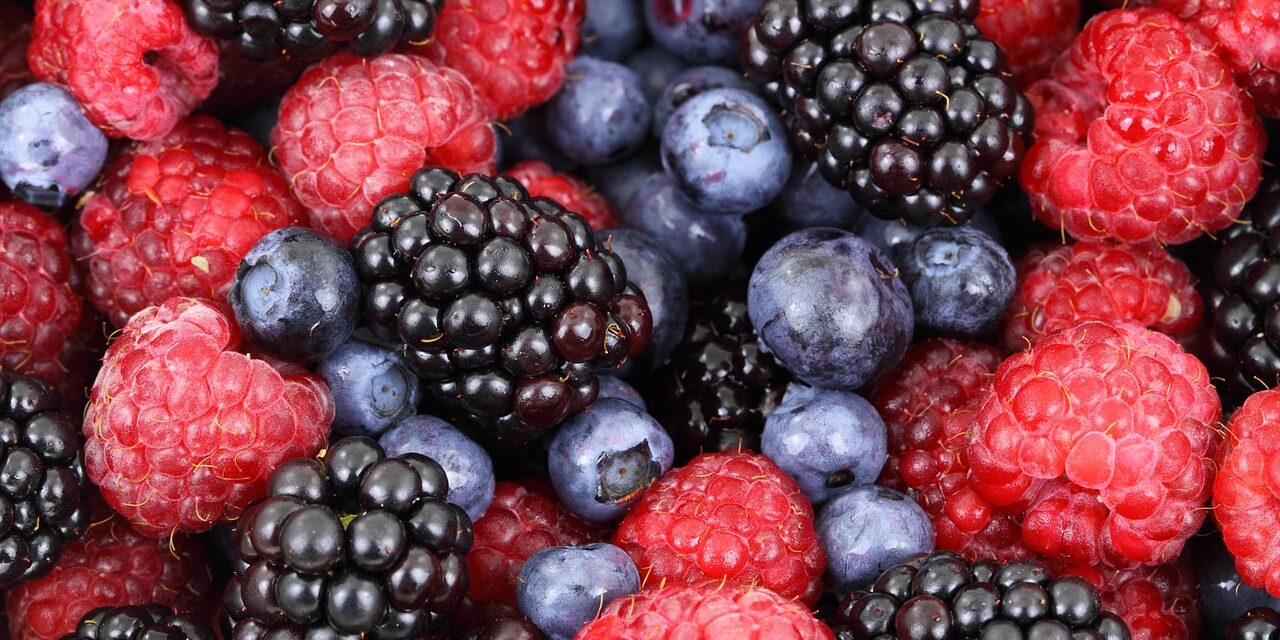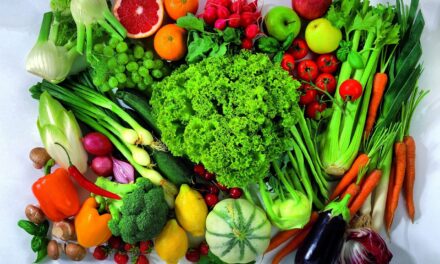As we step into the golden years of our lives, the focus often shifts to how we can maintain our health, vitality, and independence. Nutrition plays a pivotal role in this quest, and increasingly, older adults are turning towards vegetarian diets as a means to support their health and well-being. The concept of adopting a plant-based lifestyle in one’s later years might seem daunting to some, yet it’s an exploration into a world of diverse, nutritious, and heart-healthy food choices that can offer numerous health benefits.
The journey of switching to a vegetarian diet after 50 isn’t just a trend; it’s backed by scientific research and health experts who tout its potential benefits, including reduced risks of chronic diseases, better weight management, and improved digestion. But what makes a vegetarian diet particularly beneficial for older adults? Is it a feasible option for those who have been accustomed to different eating patterns all their lives? This article delves into these questions, providing insights and guidance on how older adults can successfully adopt and thrive on a vegetarian diet.
Join us as we explore the myriad ways in which a vegetarian diet can be a game-changer for health after 50, understanding the nutritional considerations, and learning how to make this transition smoothly. Whether you are a seasoned vegetarian or someone curious about adopting this lifestyle, this comprehensive guide is designed to empower you with the knowledge and confidence to make informed dietary choices in your later years.
Understanding the Nutritional Landscape of a Vegetarian Diet for Older Adults
The Nutritional Benefits
Adopting a vegetarian diet at an older age can be a transformative experience for your health. Plant-based diets are rich in essential nutrients, including vitamins, minerals, antioxidants, and fiber. They are known to be heart-friendly, aiding in the reduction of cholesterol levels and maintaining healthy blood pressure. Additionally, the high fiber content in plant-based foods can improve digestive health, a common concern among older adults. These diets are also lower in saturated fats, which is beneficial in managing or preventing obesity and related health issues like type 2 diabetes.
Addressing Nutritional Concerns
While the benefits are plentiful, there are also nutritional considerations that need attention, particularly for older adults. Key nutrients that might require more focus include protein, vitamin B12, iron, calcium, and omega-3 fatty acids. It’s important to understand how to source these nutrients from plant-based foods or supplements to ensure a balanced and nutritious diet. For example, protein can be obtained from lentils, beans, tofu, and quinoa, while fortified plant milks and green leafy vegetables can provide calcium.
Expert insights suggest incorporating a variety of food sources to cover all nutritional bases and consulting with a healthcare provider or dietitian for personalized advice, especially if there are existing health concerns or dietary restrictions.
Practical Tips for Transitioning to a Vegetarian Diet
Transitioning to a vegetarian diet in later life can be both exciting and overwhelming. Start by gradually incorporating more plant-based meals into your diet. Experiment with meat substitutes, explore international vegetarian cuisines, and try new recipes. Pay attention to portion sizes and meal balance to ensure you’re getting enough calories and nutrients. Also, keep an eye on processed vegetarian foods, which can be high in sodium and additives.
Another vital aspect is social and familial support. Sharing your dietary goals with family and friends can help in making the transition smoother. It’s also a great opportunity to explore new vegetarian restaurants or cooking classes with your loved ones.
Lastly, always keep your meals interesting and varied. A vegetarian diet doesn’t have to be boring. With a plethora of fruits, vegetables, grains, and legumes available, there’s a whole world of flavors and textures to explore.
Conclusion and Key Takeaways
Embracing a vegetarian diet after 50 can be a fulfilling and health-promoting decision. It offers numerous benefits, from reducing the risk of chronic diseases to supporting a healthy weight and enhancing digestive health. However, it’s crucial to approach this dietary change with mindfulness, ensuring your meals are balanced and nutritionally adequate.
Here are some key takeaways for older adults considering a vegetarian diet:
- Understand the nutritional benefits and requirements: Educate yourself about the nutrients essential for older adults and how to incorporate them into a vegetarian diet.
- Gradual Transition: Start slowly by incorporating more plant-based meals and reducing meat consumption gradually.
- Seek Variety: Keep your diet diverse and interesting with a wide range of fruits, vegetables, grains, and legumes.
- Consult Experts: Work with healthcare providers or dietitians, especially if you have existing health conditions or dietary concerns.
- Community and Support: Share your journey with friends and family or join vegetarian communities for support and inspiration.
Adopting a vegetarian diet after 50 is not only about changing what you eat; it’s about embracing a lifestyle that promotes longevity, vitality, and wellness. With the right approach, it can be an incredibly rewarding journey towards a healthier you.






